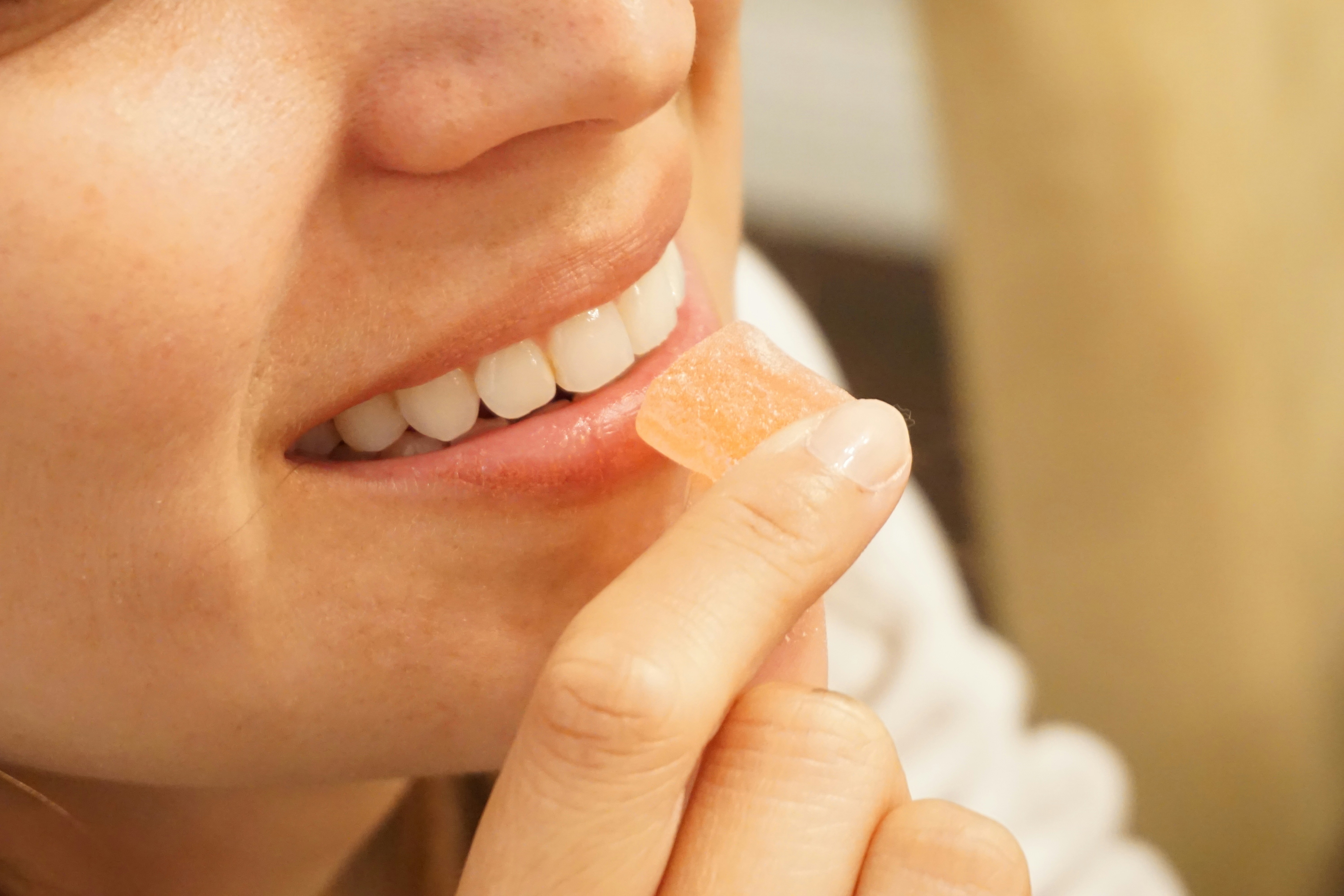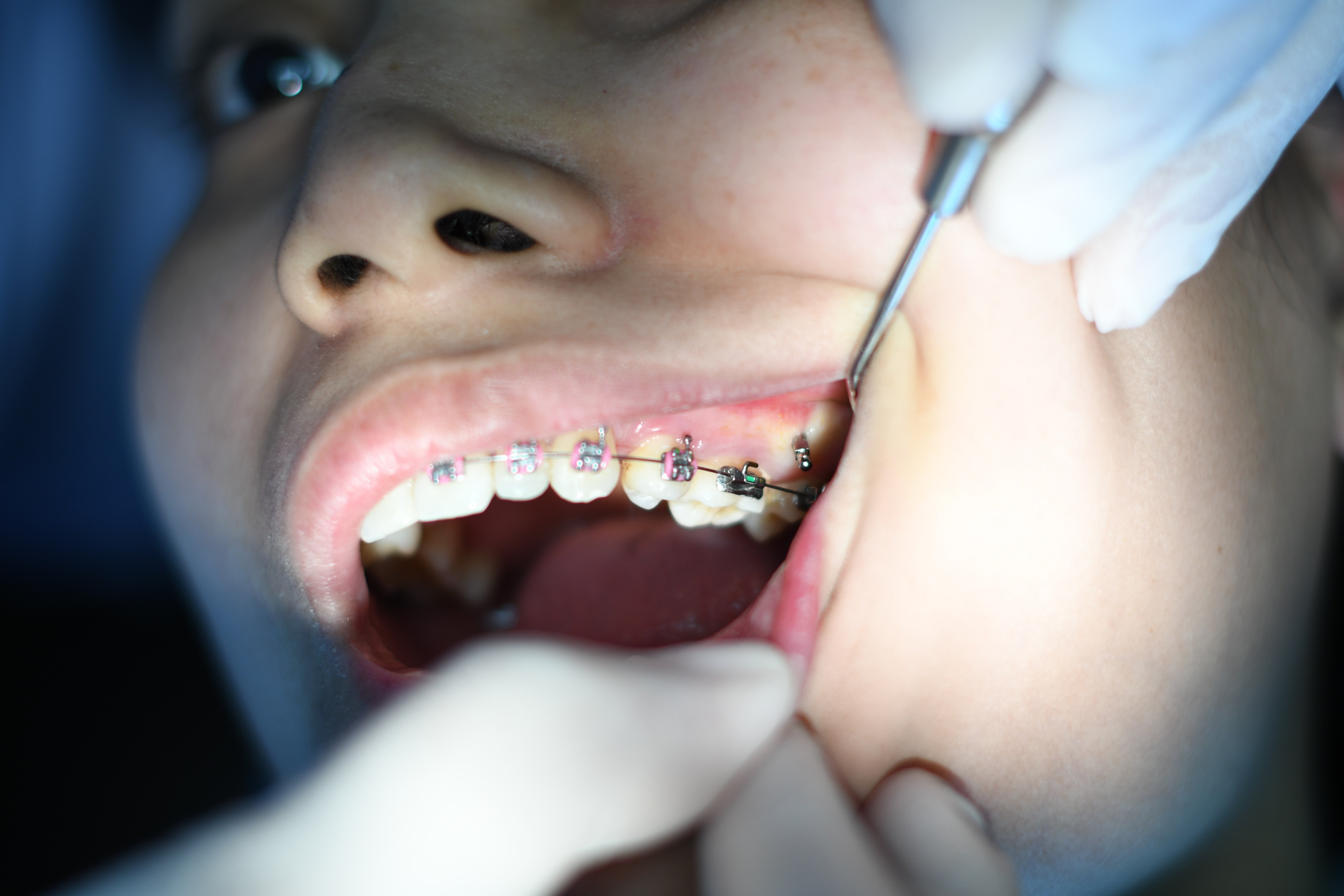Learn how to properly care for your composite bonding to maintain a beautiful smile.
Understanding Composite Bonding
Composite bonding is a cosmetic dental procedure that involves the application of a tooth-colored resin material to the teeth to enhance their appearance. It is commonly used to fix chipped or cracked teeth, close gaps between teeth, and improve the shape or color of teeth.
During the composite bonding procedure, the dentist will first prepare the teeth by roughening the surface and applying a bonding agent. Then, the composite resin material will be carefully applied to the teeth and shaped to achieve the desired result. Finally, a special light will be used to harden the resin and bond it to the teeth.
Understanding the basics of composite bonding can help you better take care of your newly enhanced smile. It's important to follow proper aftercare instructions to ensure the longevity and beauty of your composite bonding.
Tips for Immediate Aftercare
After getting composite bonding, it's essential to take some precautions to maximize the success of the procedure and minimize potential complications. Here are some tips for immediate aftercare:
- Avoid consuming staining foods and beverages, such as coffee, tea, and red wine, for at least 48 hours after the procedure.
- Be cautious while eating to prevent any damage to the composite bonding. Avoid biting into hard or sticky foods that may cause the bonding to chip or break.
- Practice good oral hygiene by brushing and flossing regularly. Use a soft-bristle toothbrush and non-abrasive toothpaste to avoid scratching the bonding material.
- Avoid smoking, as it can cause discoloration of the composite bonding.
- If you experience any sensitivity or discomfort, inform your dentist immediately so they can address the issue.
By following these tips, you can ensure that your composite bonding remains strong and maintains its natural appearance.
Long-Term Maintenance
To keep your composite bonding looking its best for years to come, it's important to maintain good oral hygiene and follow these long-term maintenance tips:
Wear a night guard to prevent grinding at night!
- Brush your teeth at least twice a day with a fluoride toothpaste to prevent tooth decay and maintain the overall health of your teeth and gums.
- Floss daily to remove plaque and food particles that can accumulate around the composite bonding.
- Avoid using your teeth as tools to open packages or bite into hard objects, as this can cause damage to the bonding.
- Schedule regular dental check-ups and cleanings to ensure that your composite bonding is in good condition and to address any potential issues early on.
- Consider using a mouthguard if you participate in sports or activities that may put your teeth at risk of injury.
By following these long-term maintenance tips, you can help prolong the lifespan of your composite bonding and keep your smile looking beautiful.
Avoiding Common Mistakes
To avoid common mistakes that can compromise the integrity and appearance of your composite bonding, consider the following:
- Avoid biting your nails or chewing on hard objects, such as pens or ice, as this can chip or break the bonding material.
- Be mindful of your diet and avoid excessive consumption of sugary or acidic foods and beverages, as they can weaken the bonding material and lead to decay.
- If you grind your teeth at night, consider wearing a nightguard to protect your composite bonding from excessive wear and damage.
- Do not attempt to adjust or repair your composite bonding at home. If you notice any issues or damage, schedule an appointment with your dentist.
- Follow your dentist's instructions for oral hygiene and maintenance to ensure the longevity and success of your composite bonding.
By avoiding these common mistakes, you can maintain the quality and beauty of your composite bonding.
Professional Check-Ups
Regular visits to your dentist are crucial for the long-term success of your composite bonding. During these check-ups, your dentist will assess the condition of your bonding and address any concerns or issues. Here's why professional check-ups are important:
- Your dentist can identify and treat any early signs of damage or deterioration in your composite bonding.
- Professional cleanings can remove any plaque or tartar buildup around the bonding material, helping to maintain its natural appearance.
- Your dentist can offer personalized advice and recommendations based on your specific oral health needs and goals.
By scheduling regular check-ups with your dentist, you can ensure that your composite bonding remains in optimal condition and enjoy a beautiful smile for years to come.


